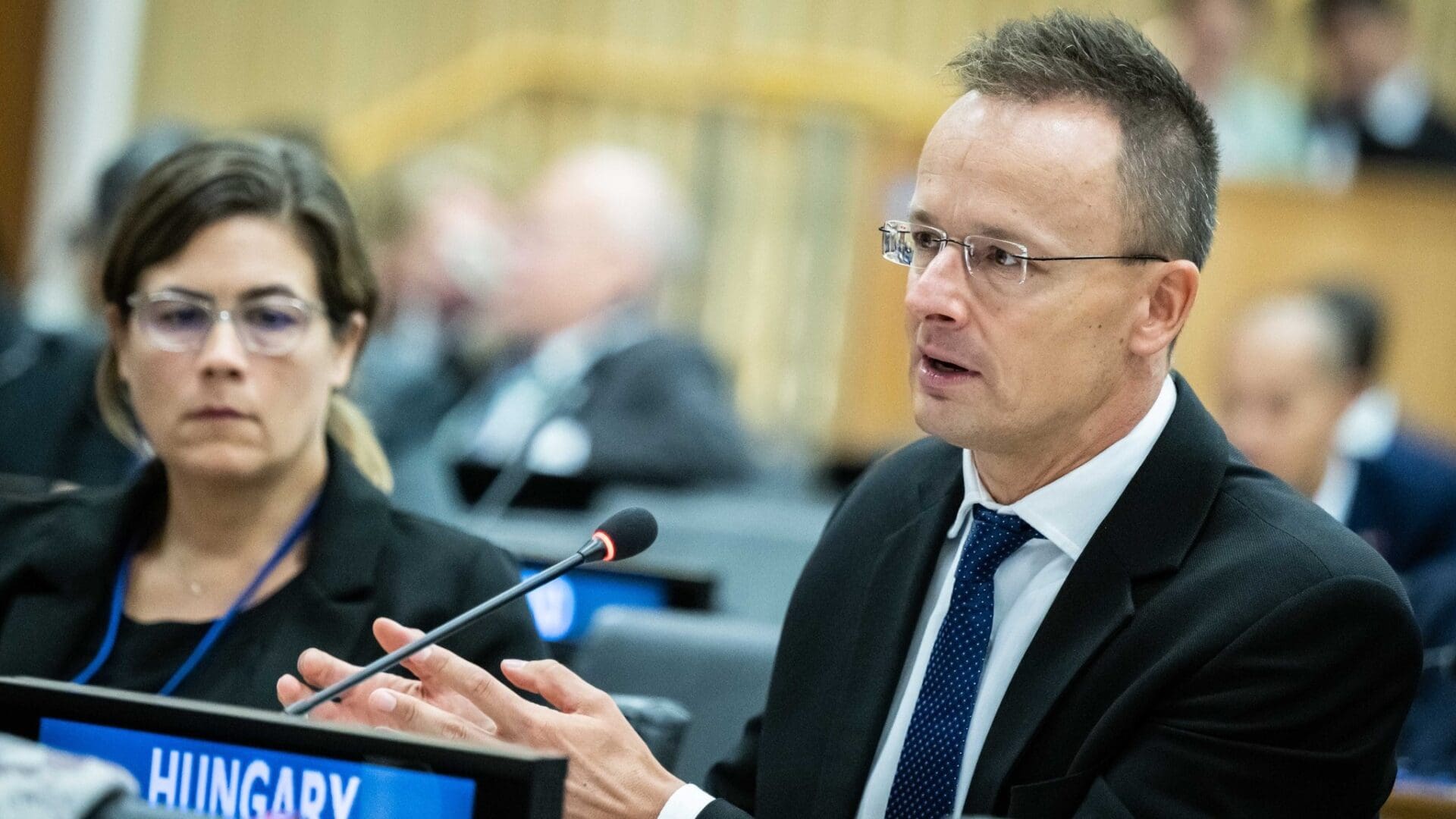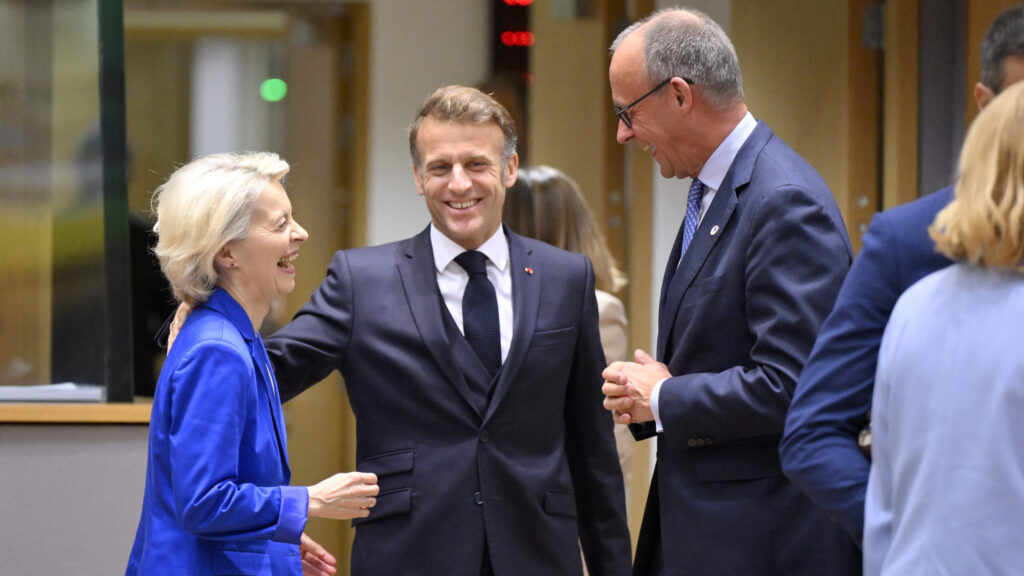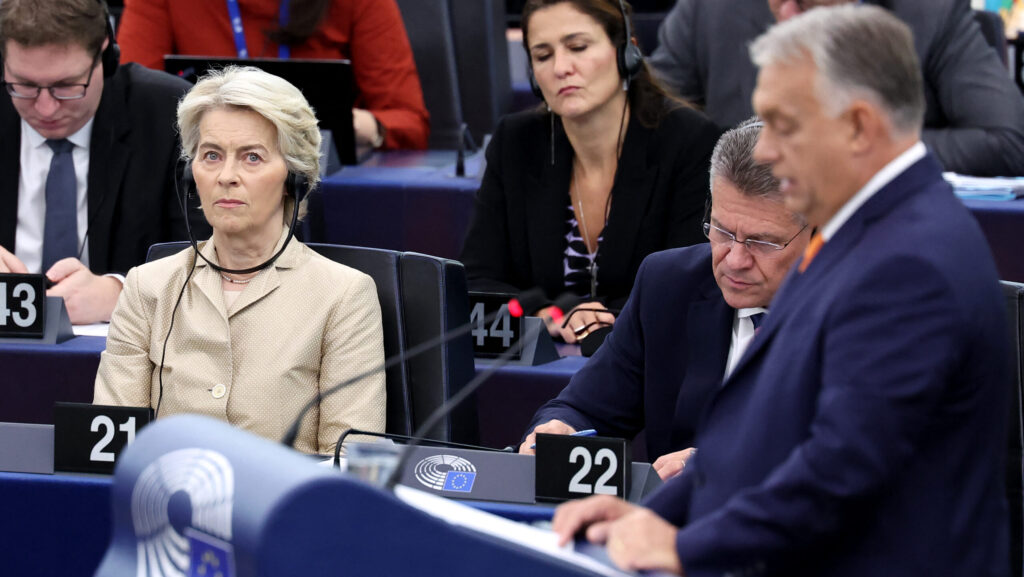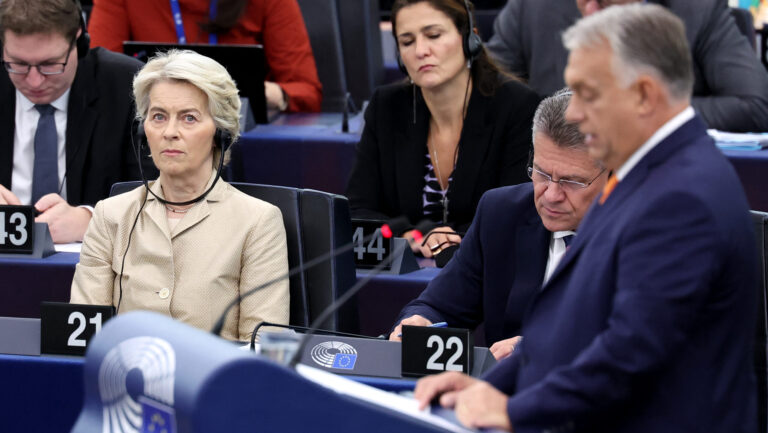The strengthening of migration waves towards Europe poses a significant danger, as it is evident that terrorism and illegal immigration combine into a kind of ‘vicious circle’, Hungary’s Minister of Foreign Affairs and Trade Péter Szijjártó stated on Wednesday in New York.
The minister declared in his remarks at the United Nations General Assembly which he delivered in a meeting in support of the victims of terrorism. Szijjártó emphasized that despite all efforts, global terrorism remains more severe than ever, claiming 6,700 lives last year due to various attacks. He opined that one of the reasons for that is that terrorism and illegal migration create a kind of ‘vicious circle’. ‘The more severe the terrorism threat, the more significant the migration pressure. The more people participate in migration waves, the greater the chance that members of terrorist organizations can illegally reach distant parts of the world,’ he said. ‘Therefore, we must intensify our fight against terrorism because we see that migration waves towards Europe are becoming increasingly severe, and with their growing severity, the danger of terrorism also significantly increases,’ he warned.
Furthermore, he underscored that while the United Nations only covers 3 per cent of the budget of the Office of Counter-Terrorism (UNOCT), with the rest being contributed by the member states, Hungary has made a significant contribution by
establishing the second-largest UNOCT centre in Budapest.
Currently, twenty-five international experts work there, and the government intends to strengthen the office’s role even further. ‘Hungary’s role in the global fight against terrorism will continue to grow in the coming period, which will also contribute to improving Hungary’s security,’ he said.
Szijjártó noted that he held discussions with eight of his diplomatic counterparts on the sidelines of the United Nations General Assembly, including the foreign minister of Bahrain, Chad, Moldova, and the Vatican. The main focus of the talks was the challenges posed by ongoing conflicts.
‘While it’s a regional conflict in a physical sense, and we hope it won’t escalate further, its effects are global, and the whole world is now waiting for [the war in Ukraine]…to end,’ he stressed. He added that many countries do not understand why Europeans consistently call for the cessation of hostilities, peaceful settlement, and negotiations in armed conflicts but have taken a different approach this time on the continent. ‘Now that there is a war in Europe, it seems to them, and unfortunately not entirely unfoundedly, that Europeans are rather stirring up tensions and prolonging the war instead of ending it,’ he said.
‘Therefore, Hungary’s peace-loving stance is highly appreciated worldwide,’ he concluded.
Regarding his meetings with US companies on Wednesday, the minister highlighted that American companies make up the second-largest group of investors in Hungary, with 1,700 companies employing around 105,000 people. He noted that these companies express highly positive opinions about the economic environment and are not swayed by various political attacks.
‘They don’t rely on American or German media for information but make decisions based on their everyday experiences and clearly see that Hungary’s investment environment, with the lowest taxes in Europe, highly skilled labour, and excellent infrastructure, offers the best investment opportunity in Europe,’ he said. ‘So, I hope that today we will be able to conclude several agreements that will lead to the creation of new Hungarian jobs,’ he added.
Regarding the meeting on the situation in Sudan, Szijjártó expressed regret that the country’s food supply is disrupted, so he believes it should be started as soon as possible to export grain from Ukraine. He recalled that last year, the government donated €3.5 million for the delivery of ten thousand tons of Ukrainian grain to Sudan from taxpayers’ money. However, not a single gram has reached its destination so far. ‘Unfortunately, we are still waiting for the approval of the Ukrainian authorities,’ he said. ‘In today’s meeting, we will clearly express our position. The grain from Ukraine should be delivered to those countries, with European assistance, of course, that are in need…So, we need to focus on supplying African countries in need rather than profiting from Central Europe,’ he warned.
Finally, the minister touched upon the meeting on disease prevention, strongly lamenting that even during the COVID-19 pandemic, the world was unable to unite in facing challenges without ideological-political disputes. Recalling the attacks on the Hungarian government for acquiring Eastern vaccines, he reminded that health care should focus on protecting people, free from geopolitical considerations. ‘If the world is unable to do this, there may still be very serious problems ahead,’ he stressed.
Related articles:
Sources: Hungarian Conservative/KKM/MTI







